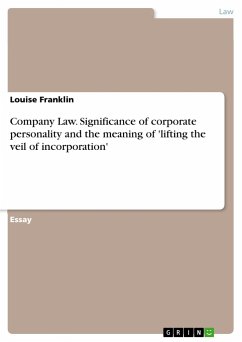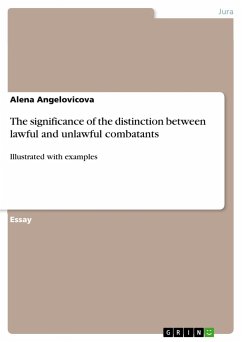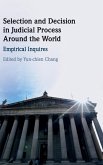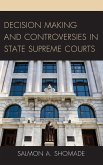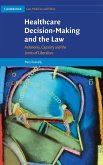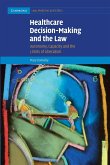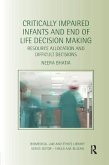Seminar paper from the year 2014 in the subject Law - Miscellaneous, University of Warwick, language: English, abstract: This essay relates to the case of Ahmed v HM Treasury, the first case thatwas heard by the newly constituted Supreme Court of the United Kingdom,concerning with the freezing of assets of five men who were suspected ofinvolvement in financing terrorism. It can be conceived as the most influentialSupreme Court case to date not only because of its constitutional significancebut also because of its raising of issues relating to abuse of executive power,personal liberty and international terrorism. The Court's confronting issue is ofthe lawfulness of the Terrorism Order 2006('the TO')1 & the Al-Qaida andTaliban Order 2006 ('the AQO') art. 3(1)(b)2, to be introduced by theTreasury under the United Nations Act of 19463 with respect to fightingterrorism by freezing the assets of suspected individuals. Further analysis willbe given through explanation over the basic facts and the Supreme Court'sdecision, then processes to clarify its significance in national and internationalcontexts respectively, the last section will conclude and draw summary. Themajor viewpoint is that despite the court's increasing power in prohibitingunlimited executive power, the decision highlights a shift in power back to thelegislature as the court has no power to strike down any irreconcilableprimary legislation or secondary legislation authorised by primary legislation.The decision also depicts the court's aggravating effect at international levelin deciding which legal regime to apply in a single case through eitherconstitutionalism or pluralist logic.
Hinweis: Dieser Artikel kann nur an eine deutsche Lieferadresse ausgeliefert werden.
Hinweis: Dieser Artikel kann nur an eine deutsche Lieferadresse ausgeliefert werden.

![The significance of the Supreme Court¿s decision in Ahmed v HM Treasury [2010] 2 AC 534 - Yang, Zheyu The significance of the Supreme Court¿s decision in Ahmed v HM Treasury [2010] 2 AC 534 - Yang, Zheyu](https://bilder.buecher.de/produkte/42/42235/42235741n.jpg)
